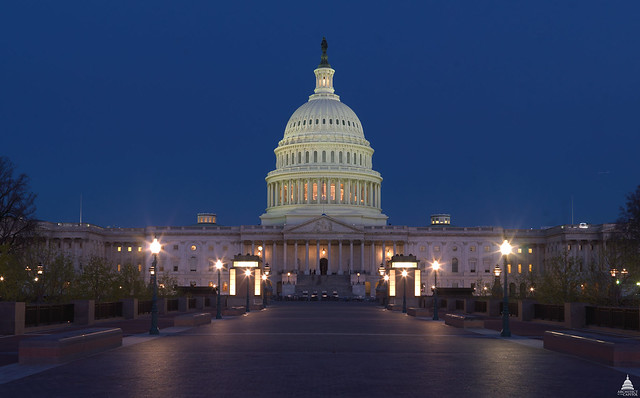The State of the Union is Government by Crisis
By
Mattea Kramer
Posted:
|
Budget Process
U.S. Government photo
The State of the Union is usually a speech about a vision – not only for the twelve months ahead, but for years to come.
This year is different.
Congress hasn't passed a budget for the current year, sequestration is scheduled to indiscriminately reduce funding for critical initiatives like education and food safety, and the government will shut down in May and default on its loans unless Congress deals with the debt ceiling. These looming crises will have to figure into President Obama's address next week. Instead of laying out a roadmap for how to make this country greater and stronger – last year he emphasized jobs under the banner "An America Built to Last" – the president will have to deal with a lineup of crises manufactured by Congress.
And while the State of the Union typically previews the policy priorities that will appear in the president's budget proposal for the coming year, this year is different in that regard, too. Technically the president's budget should come out today; by law it's due to Congress on the first Monday in February each year. (For more about the budget process as it's supposed to go, check out Federal Budget 101). But the White House has indicated that the president's budget will be late by a month or more. The president has missed the deadline by a week in previous years, but it's not surprising that it's a month behind schedule now: It's difficult to propose a meaningful budget for next year without knowing the budget for this year.
The task ahead is great. President Obama will have to explain this government-by-crisis and – I hope – still present an inspiring, actionable vision. Watch the speech on Feb. 12 and then let us know what you think: Leave a comment at facebook.com/nationalpriorities.
